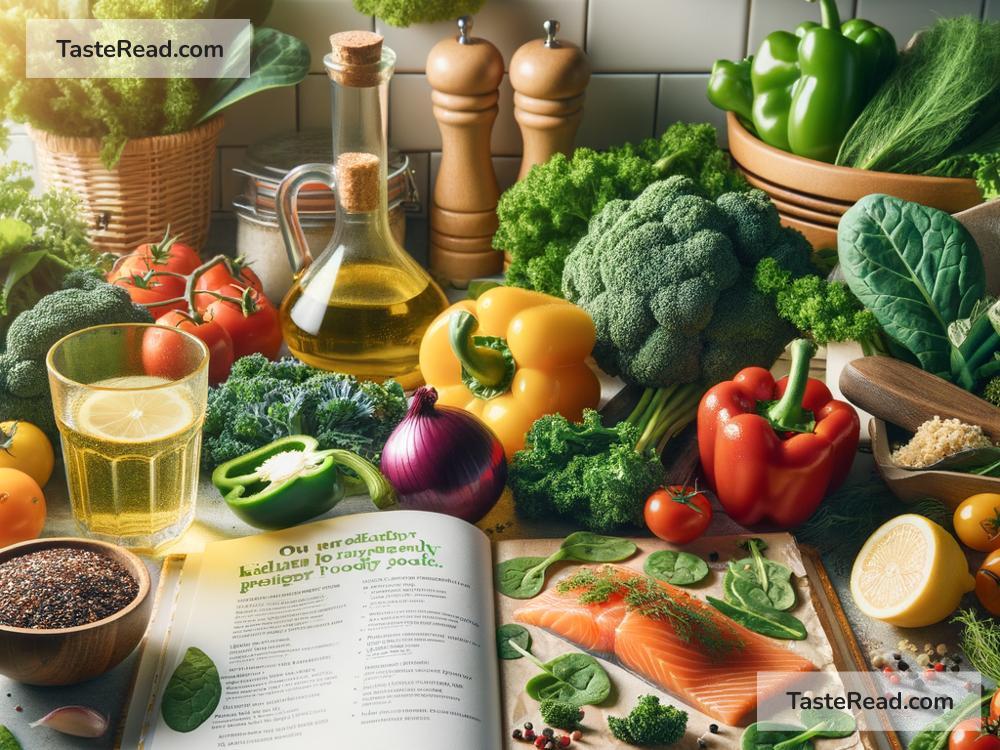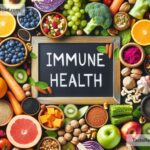The Role of Nutrition in Supporting Kidney Health
Our kidneys are small yet mighty organs. They filter our blood, removing waste, toxins, and extra water to keep our bodies balanced and healthy. These bean-shaped organs also help control blood pressure, produce hormones, and maintain the proper balance of minerals and fluids in our body. To fully appreciate the importance of kidney health, we must look at how nutrition plays a key role in keeping these organs working smoothly.
Why Is Kidney Health Important?
Kidneys act as our body’s cleanup crew. Every day, they filter about 50 gallons of blood to produce urine. This process keeps harmful substances from building up and ensures that we stay hydrated. However, if the kidneys are overworked or damaged, they may not function properly. Over time, this can lead to chronic kidney disease (CKD), which affects millions of people worldwide.
The good news is that proper nutrition can help protect kidney health and reduce your risk of kidney problems. By making smart food choices, you can give your kidneys the support they need to stay strong and functional.
How Nutrition Impacts Kidney Health
The food we eat affects all parts of our body, including the kidneys. Certain nutrients help the kidneys do their job better, while other foods can put extra strain on them. Having a balanced diet that provides the right amount of vitamins, minerals, and calories can help you maintain healthy kidneys over time.
Here are some key ways nutrition supports kidney health:
-
Regulates Blood Pressure
High blood pressure is one of the leading causes of kidney damage. Eating foods rich in potassium can help manage blood pressure levels because potassium offsets the effects of sodium, another mineral that can increase blood pressure. However, people with kidney issues may need to limit their potassium intake, making it important to consult a doctor or dietitian. -
Balances Water and Electrolytes
The kidneys rely on a balance of water and electrolytes to work properly. Electrolytes like sodium, potassium, and magnesium help regulate fluid levels in the body. Drinking enough water and watching your salt intake can help your kidneys maintain this balance. -
Supports Waste Removal
The food we eat determines what kinds of waste our bodies produce. Diets high in processed foods and excessive protein can make the kidneys work harder to filter out waste. Choosing whole, nutrient-dense foods gives the kidneys less work to do, reducing their strain. -
Protects Against Chronic Diseases
Nutrition plays a role in preventing health issues like diabetes and obesity, which are major contributors to CKD. Eating a balanced diet with moderate portions can help manage blood sugar and maintain a healthy weight, reducing your risk of kidney-related diseases.
Foods That Are Good for Kidney Health
Certain foods are especially beneficial for kidney health because they provide nutrients that support kidney function while being easy for your kidneys to process. Here are some kidney-friendly foods to include in your diet:
-
Fruits
Apples, blueberries, strawberries, and cherries are great choices because they’re low in potassium and rich in antioxidants. Antioxidants can help protect kidney cells from damage caused by oxidative stress. -
Vegetables
Cauliflower, cabbage, and bell peppers are kidney-friendly veggies packed with vitamins and minerals. They’re also low in potassium, making them suitable even for people with kidney conditions. -
Fish
Fatty fish like salmon and mackerel are high in omega-3 fatty acids, which help reduce inflammation in the body. This can be helpful for maintaining overall kidney health. -
Whole Grains
Brown rice, oatmeal, and quinoa provide fiber that supports kidney health by helping regulate blood sugar levels and controlling cholesterol. -
Herbs and Spices
Using natural herbs like basil, parsley, or oregano can make your meals flavorful without adding extra salt. Reducing sodium intake is crucial for kidney health, especially if you’re at risk for high blood pressure.
Foods to Avoid for Kidney Health
While some foods are great for your kidneys, others can harm them over time. Here are some common foods to limit or avoid:
-
High-Sodium Foods
Processed and packaged foods like chips, frozen meals, and snack foods are often high in salt. Too much sodium makes the kidneys work harder to maintain fluid balance. -
Sugary Drinks
Sodas and sugary beverages can contribute to obesity and diabetes, which increase the risk of kidney disease. Stick to water or herbal teas instead. -
Excessive Protein
Too much protein, especially from animal sources, can put extra pressure on the kidneys. While protein is important for the body, moderation is key. -
Phosphorus-Rich Foods
Foods like processed cheese, soda, and certain meats contain high levels of phosphorus, which can harm kidney health over time if consumed in excess.
Staying Hydrated: A Simple Step for Kidney Health
Water is perhaps the simplest and most effective choice for kidney health. Drinking enough water supports the kidneys in flushing out waste and staying hydrated. Aim to drink 6-8 glasses of water a day unless your healthcare provider recommends otherwise.
Final Thoughts
Nutrition is essential in supporting kidney health. By eating a balanced diet filled with healthy, unprocessed foods and staying hydrated, you can protect your kidneys and reduce your risk of kidney disease. Always remember that moderation is key, and if you have existing kidney issues, consult a healthcare professional before making major dietary changes.
Your kidneys work hard for you every single day—let’s give them the care they deserve!


